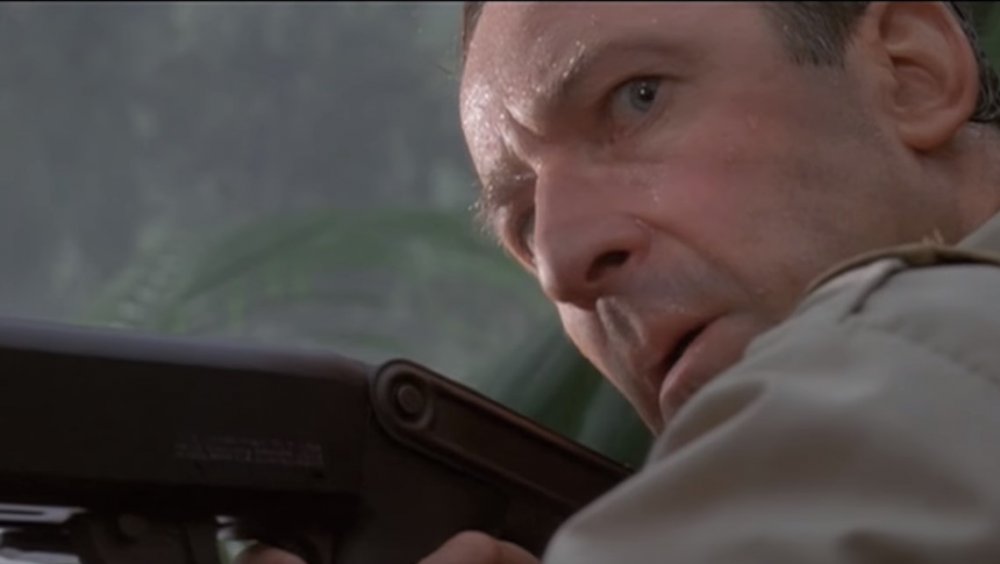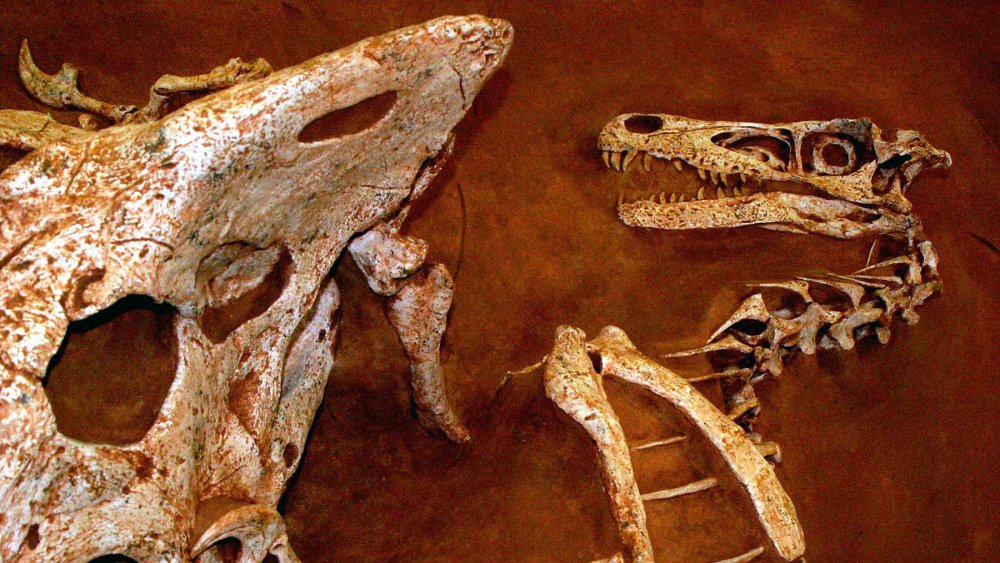What Did Velociraptors Eat?
Velociraptors have been a point of fascination for blockbuster-focused paleontology enthusiasts since the 1990s, when a powerhouse movie studio captured the imaginations of a generation with their big budget story of anachronistic dinosaurs trying to find their place in the world. We refer here, of course, to the Whoopi Goldberg vehicle Theodore Rex.
But movies can be less than accurate in their depictions of the real world critters they portray, and scientists now speculate that, unlike the theropods and dromaeosaurids shown in the motion picture, actual velociraptors may not have sustained themselves with cookies and meals from fine dining establishments, leaving us with the question "well then what did they eat, smart guy?"
The velociraptor: who's a hungry boy?
Here's what we know for sure: velociraptors were meat eaters. The (smaller than you're probably picturing) carnivores, lived about 75 million years ago and likely weren't the vicious, relentless hunters imagined by Hollywood and lusted after by Vincent D'onofrio for vaguely explained military purposes. In fact, a BBC documentary called The Truth About Killer Dinosaurs featured an experiment where the raptor's iconic claw was recreated and shown to be incapable of slashing a pig carcass to ribbons, proving that they probably weren't ruthless predators, and also that science can be super gross.
Instead, it's speculated by paleontologist David Hone that velociraptors were less about feasting and more about snacking throughout the day, according to LiveScience. This attitude meant eating a wide variety of basically whatever was around and made out of meat: insects, smaller dinosaurs, and early, rat-like mammals.
All of this isn't to say that they never hunted at all. One of the most famous dinosaur fossil specimens ever uncovered, known as "the Fighting Dinosaurs," features a velociraptor pitted against a protoceratops. Frozen in an instant of prehistoric carnage, one of the raptor's claws is buried in the throat of the herbivore. That said, scientists tend to agree that this depicted a moment of desperation or uncharacteristic stupidity on the part of the predator more than a species-wide predilection for laying the smack down.

